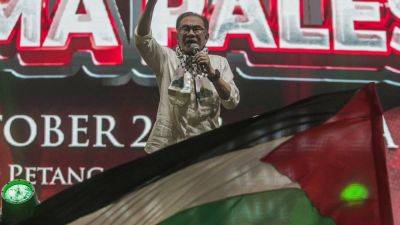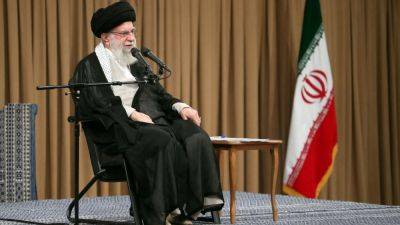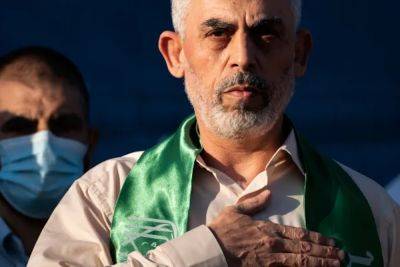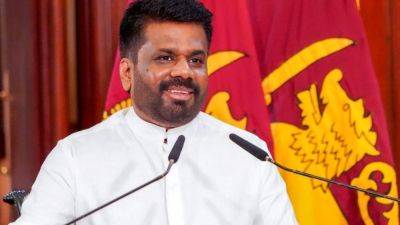Weakened Hamas at a crucial leadership crossroads
Hamas will soon begin the process of deciding who will next head the militant Palestinian organization following the October 16, 2024, killing of former leader Yahya Sinwar – but the task won’t be easy or quick.
What makes his replacement as chairman of Hamas’ political bureau a hard one is that since the October 7, 2023, attack – for which, Sinwar was seen as the main architect – Israel has killed many of the senior political and military commanders that would be in line to replace him, or at least be tasked with determining the future direction of Hamas.
Just two months before Sinwar’s death, his predecessor in the role, Ismail Haniyeh, was assassinated in Tehran, purportedly in an Israeli operation. Meanwhile, Hamas’ military chief, Mohammed Deif, was killed in July and Saleh Arouri, a senior Hamas official and deputy of Haniyeh, was earlier killed in a Beirut drone strike.
As an expert on Palestinian politics, I believe the death of Sinwar will leave a vacuum in Hamas that will likely last for many months, if not years. The question is whether the group eventually opts for a leader who continues Sinwar’s hard-line legacy or tries to moderate Hamas’ approach.
Sinwar’s legacy
Sinwar’s uncompromising stance has shaped not only Hamas but also the Palestinian cause.
Born and raised in the Gazan refugee camp Khan Younis, Sinwar joined Hamas in the early days of the organization, which was established in 1987. He quickly rose through the ranks and was responsible for establishing Majd, a security agency within the military wing of Hamas responsible for apprehending and executing Palestinian collaborators with Israel.
Sinwar confessed to Israeli interrogators to have killed and buried 12 suspected collaborators – earning him







